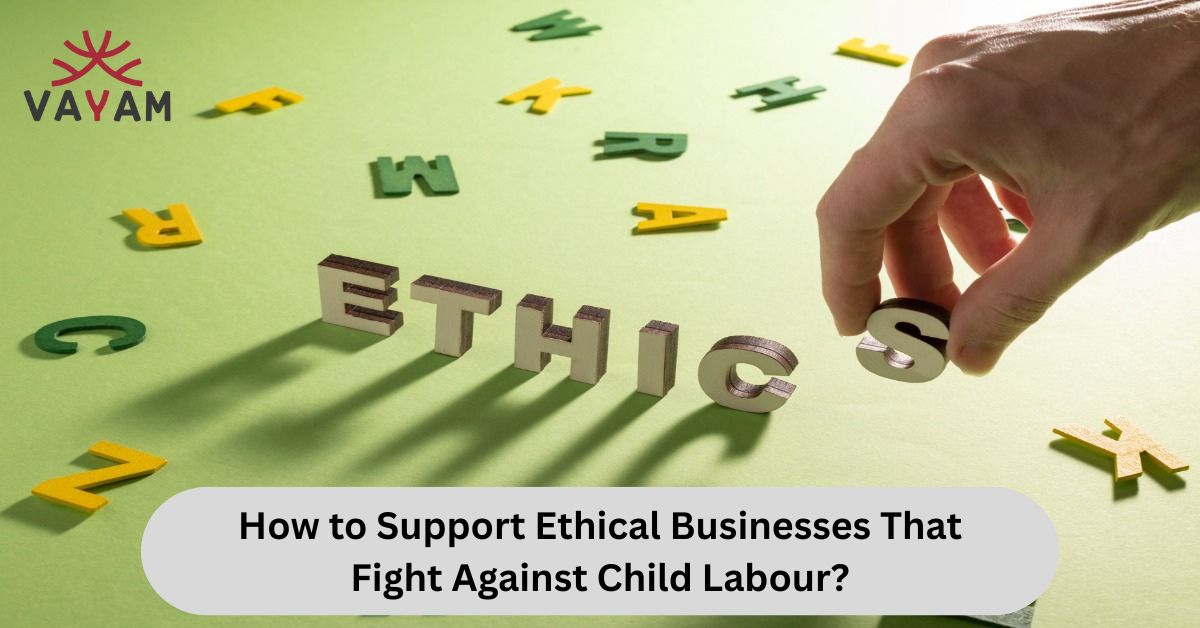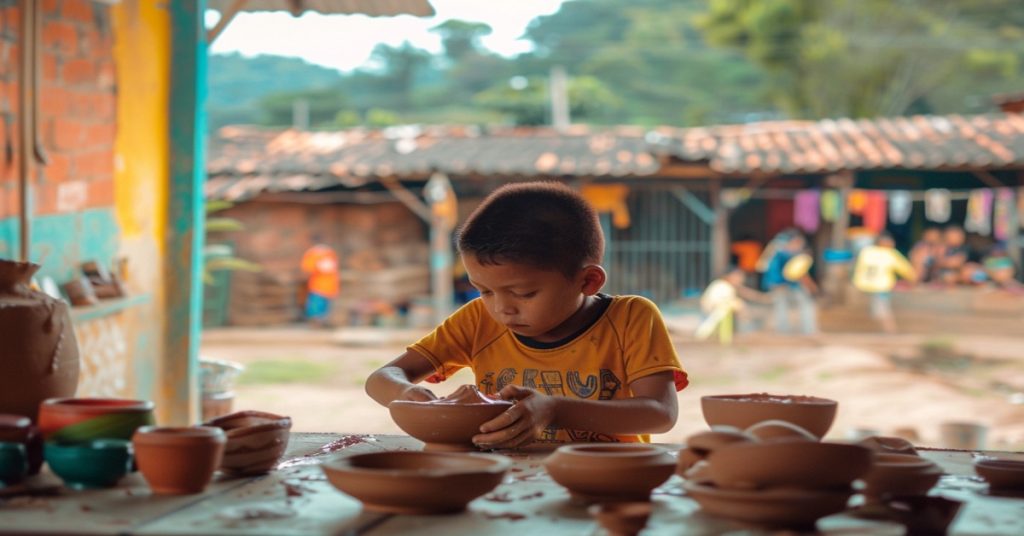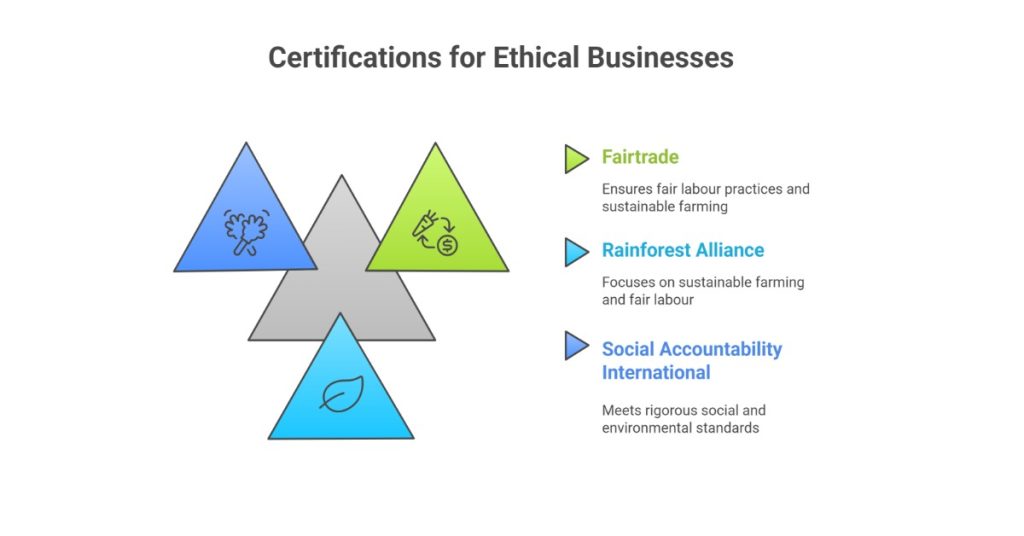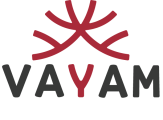
As a conscious consumer, you’re probably concerned about the products you buy and the companies you support. You’re not alone. Child labour is a harsh reality that affects millions of children worldwide, robbing them of their childhood and a chance at a better future. But here’s the thing: your purchasing power with the right intention and support for ethical businesses can make a difference.
In this blog, we’ll talk about how to identify and support ethical businesses that are fighting against child labour. We’ll cover the signs to look out for, the certifications to trust, and the ways you can contribute to a child-labour-free world through ethical businesses.
The Problem: Child Labour is Still a Major Issue
Child labour is a global problem that affects over 160 million children worldwide. Many of these children are forced to work in hazardous conditions, long hours, and for little or no pay. The worst part? Many of these children are working in supply chains of multinational companies, producing goods that end up in our homes.
You might be thinking, “What can I do about it?” Well, plenty! By supporting ethical businesses, you can help create a demand for products that are made without child labour.

Signs of Ethical Businesses
So, how do you identify businesses that are fighting against child labour? Here are some signs to look out for:
- Fair Labour Practices: Look for companies that have a strong commitment to fair labour practices, including fair wages, safe working conditions, and no child labour.
- Transparency: Ethical businesses are transparent about their supply chains and labour practices. They’ll often publish reports on their efforts to prevent child labour.
- Certifications: Look for certifications like Fairtrade, Rainforest Alliance, or Social Accountability International (SAI). These certifications ensure that products meet rigorous social and environmental standards.
Certifications to Trust
Here are some certifications that can help you identify ethical businesses:
- Fairtrade: Fairtrade certification ensures that products are made with fair labour practices and sustainable farming methods.
- Rainforest Alliance: Rainforest Alliance certification ensures that products are made with sustainable farming practices and fair labour conditions.
- Social Accountability International (SAI): SAI certification ensures that products meet rigorous social and environmental standards.

How to Support Ethical Businesses?
Now that you know what to look out for, here are some ways to support ethical businesses:
- Shop consciously: Choose products that are certified by Fairtrade, Rainforest Alliance, or SAI.
- Research companies: Look up companies online and check their websites for information on their labour practices and supply chains.
- Spread the word: Share information about ethical businesses with your friends and family.
- Support local businesses: Local businesses are often more transparent about their supply chains and labour practices.
What You Can Do Today?
You don’t have to wait to make a difference. Here are some steps you can take today:
- Check your wardrobe: Look at the labels on your clothes and check if they’re made with fair labour practices.
- Check your shopping list: Look at the products you buy regularly and see if there are more ethical alternatives.
- Share this blog: Share this blog with your friends and family to spread awareness about the importance of supporting ethical businesses.
Read More
India’s Child Labour Crisis: What Needs to Change Now
Child Labour in Rural vs Urban India: What’s the Difference?
Beyond the Bottom Line: A Guide to Creating Child Labour-Free Companies
Conclusion
Supporting ethical businesses is a powerful way to fight against child labour. By making conscious choices, you can create a demand for products that are made without child labour. Let’s work together to create a world where children are free to be children, not workers.
Together, we can make a difference.
